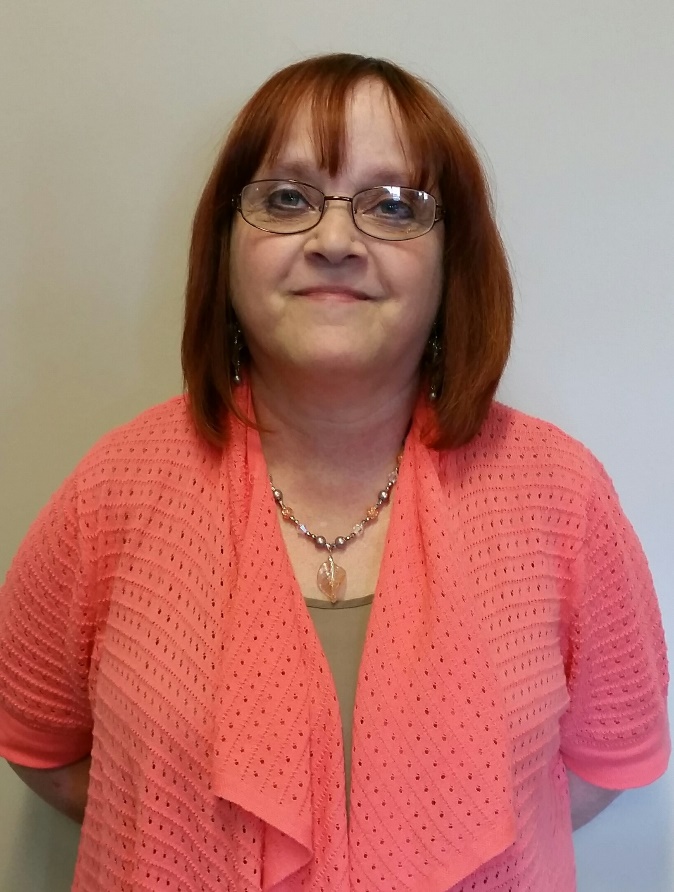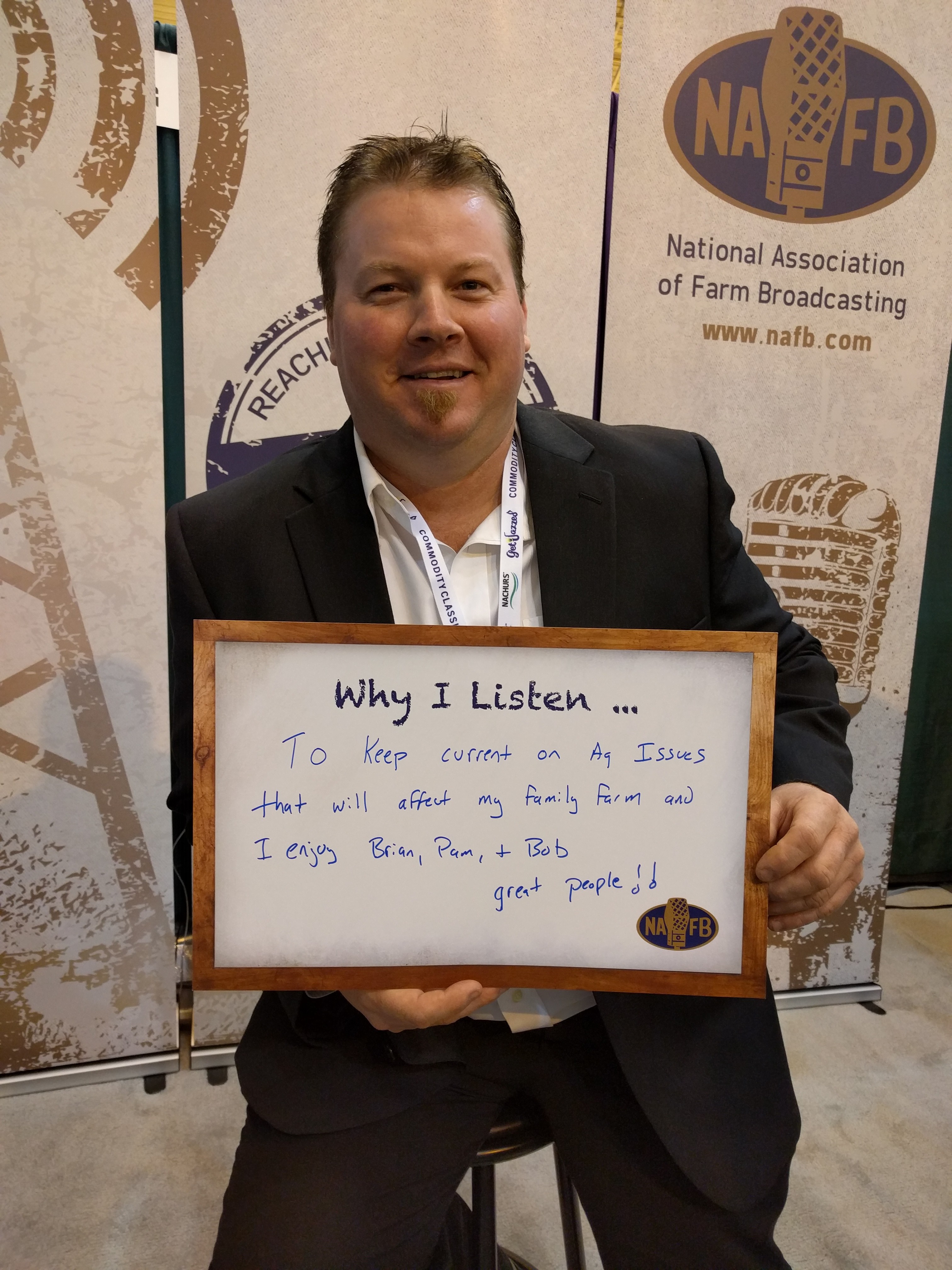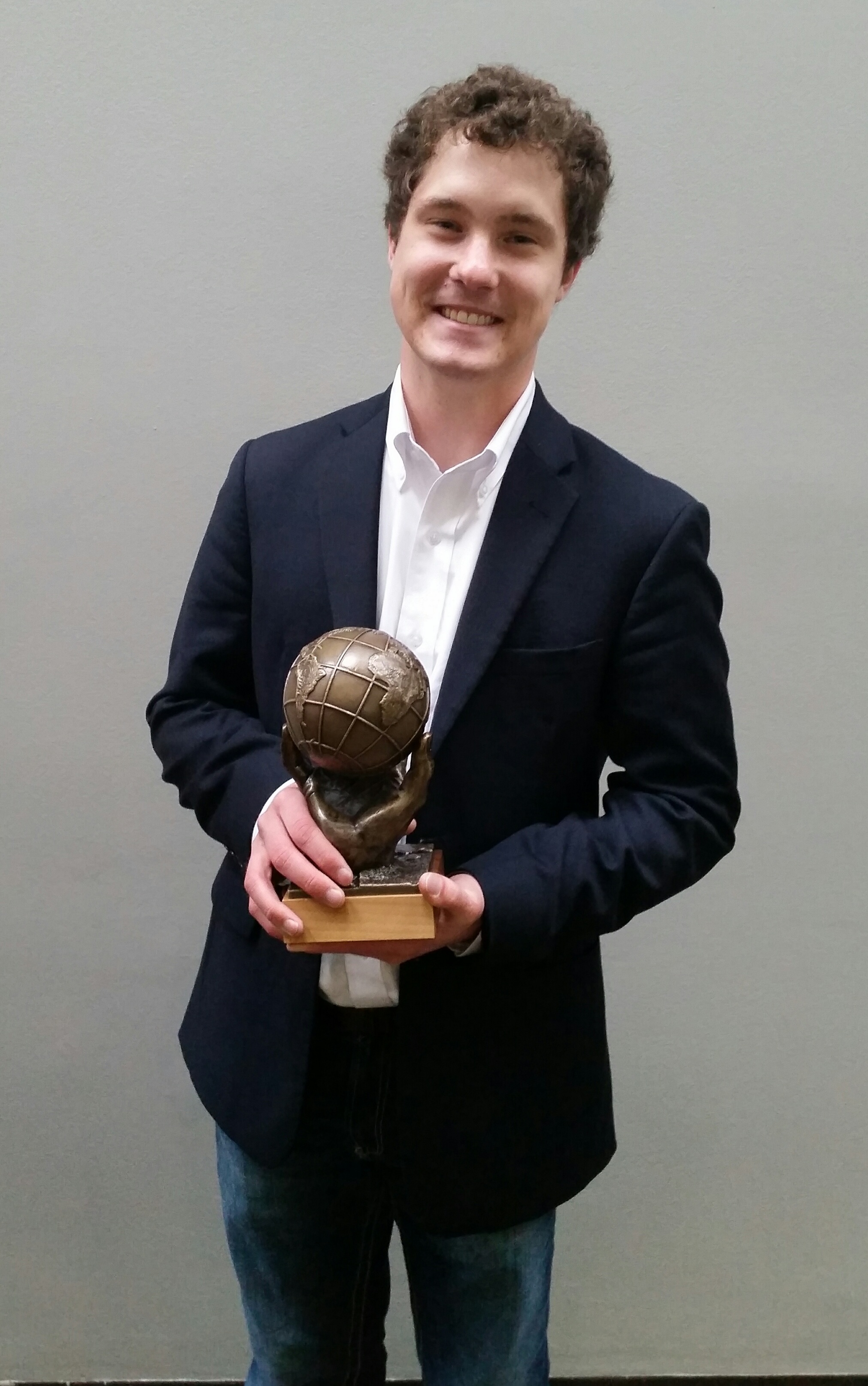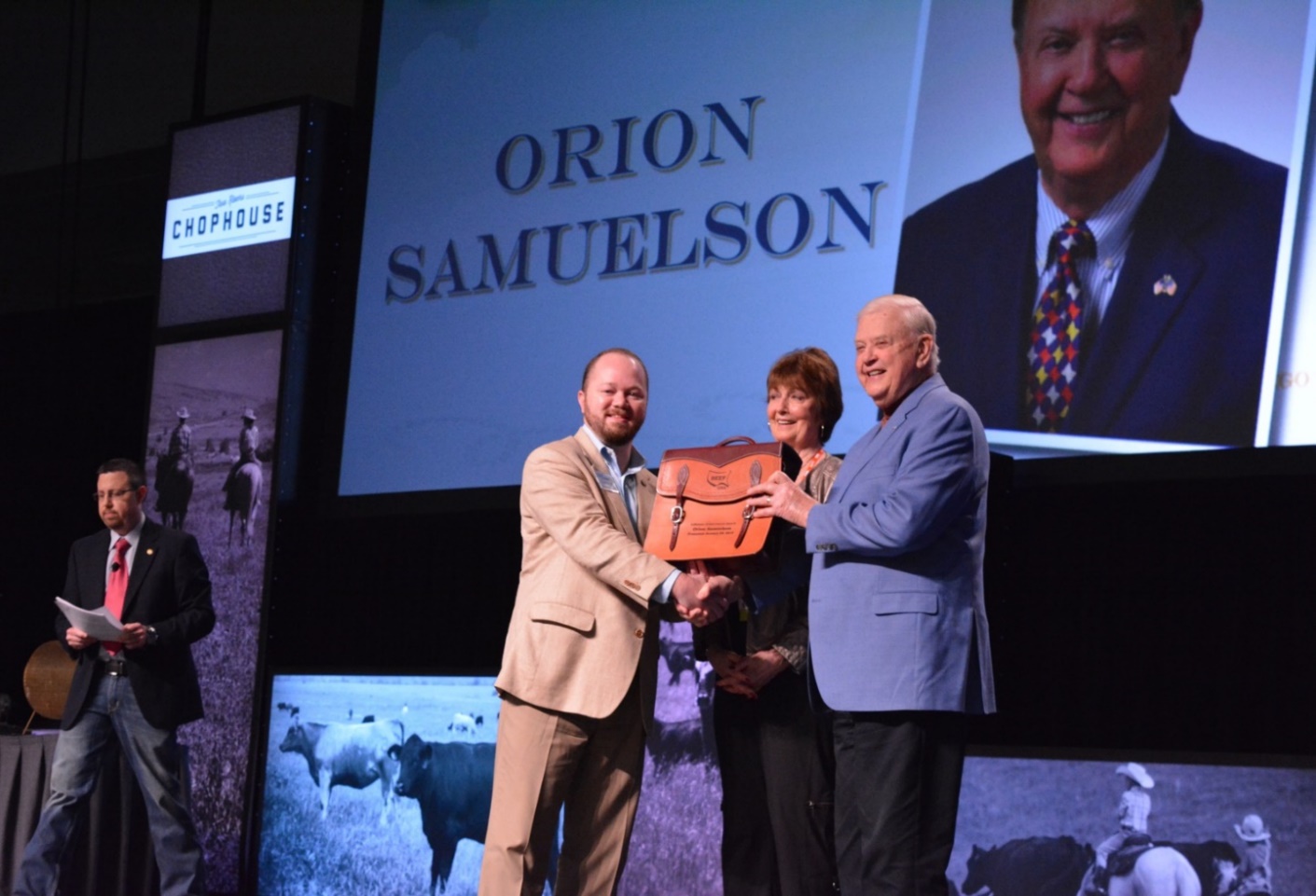 New NAFB member Kyle Hill (KRES, Moberly, MO) was named 2015 Ag Communicator of the Year by the Missouri Department of Agriculture this past December.
New NAFB member Kyle Hill (KRES, Moberly, MO) was named 2015 Ag Communicator of the Year by the Missouri Department of Agriculture this past December.
Menu


- Home
- About
- Events
- Membership
- Foundation
- Directory of Speakers
- More
- Log In
 Chris Wallace has joined NAFB as Membership Manager. She was most recently the Customer Service Manager and Circulation Systems Administrator for the News-Press & Gazette, St. Joseph, MO.
Chris Wallace has joined NAFB as Membership Manager. She was most recently the Customer Service Manager and Circulation Systems Administrator for the News-Press & Gazette, St. Joseph, MO. 
 Congratulations to Ben Nuelle, Farm Broadcaster with Iowa Agribusiness Radio Network, Des Moines, Iowa. Ben was awarded The Doan during 2016 National Ag Day Celebrations. Ben’s winning entry titled “Buried To The Neck” provides a first-person perspective on surviving a horrific grain bin entrapment. All farmers know the danger of becoming entrapped in grain, and very few survive.
Congratulations to Ben Nuelle, Farm Broadcaster with Iowa Agribusiness Radio Network, Des Moines, Iowa. Ben was awarded The Doan during 2016 National Ag Day Celebrations. Ben’s winning entry titled “Buried To The Neck” provides a first-person perspective on surviving a horrific grain bin entrapment. All farmers know the danger of becoming entrapped in grain, and very few survive.